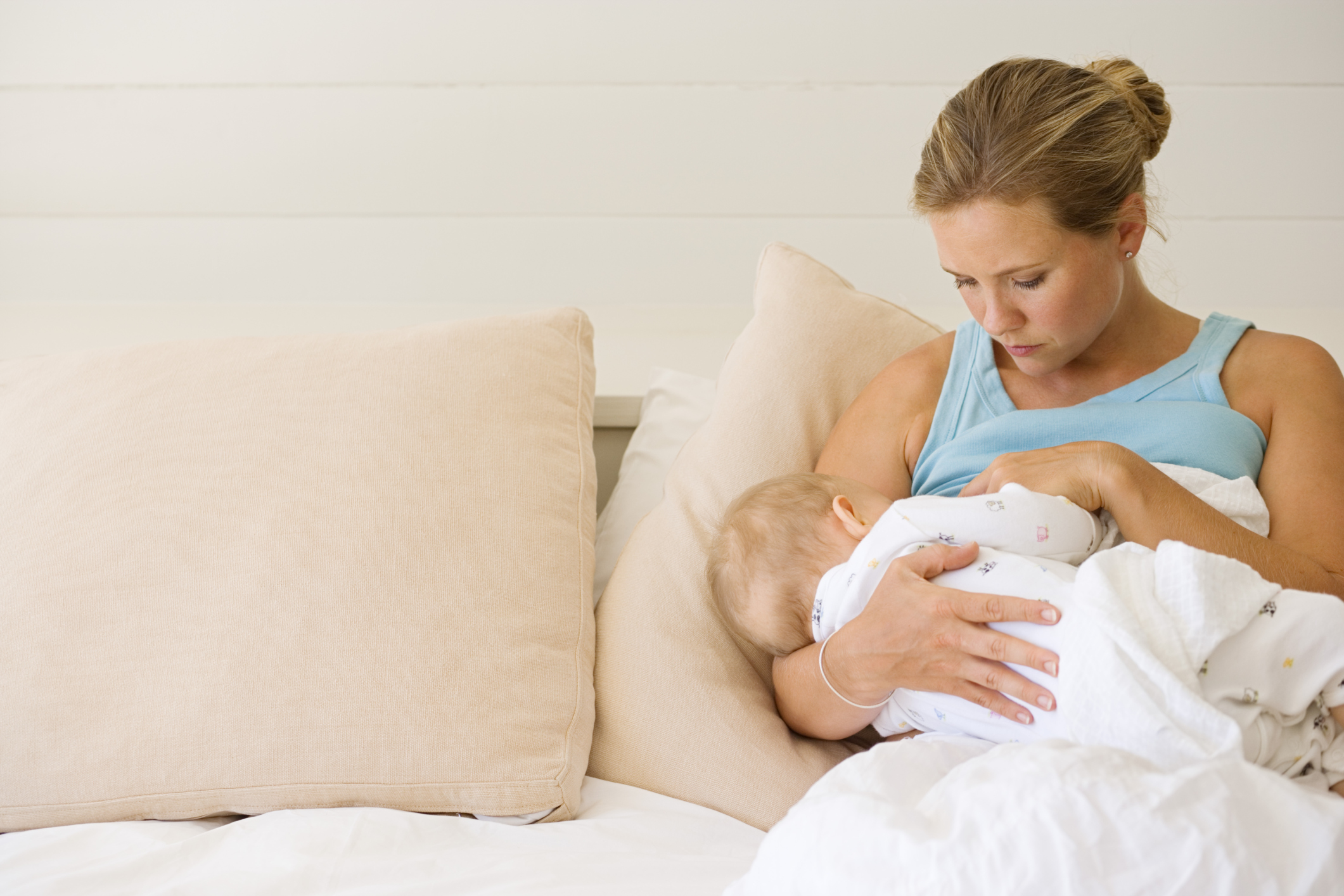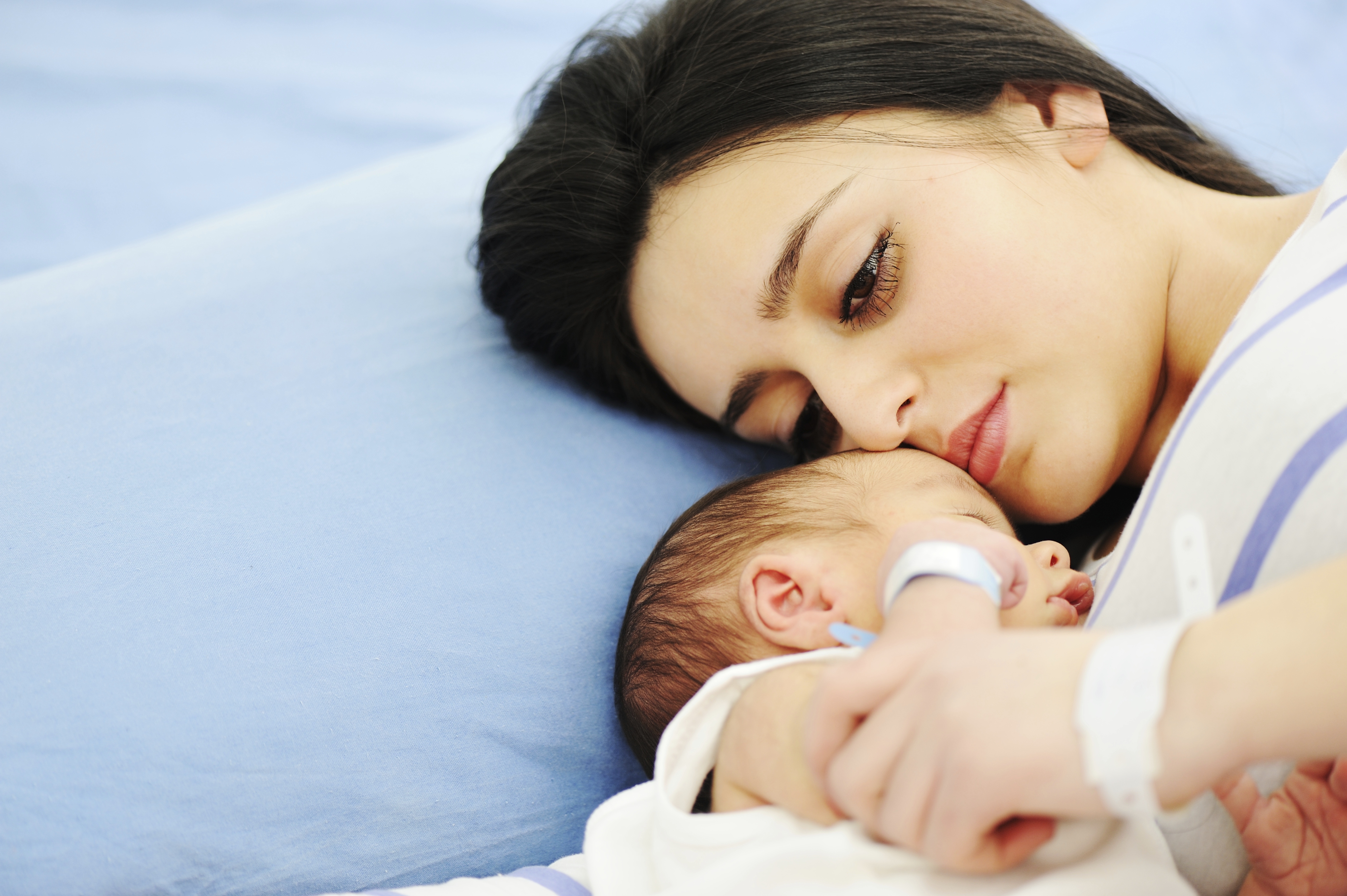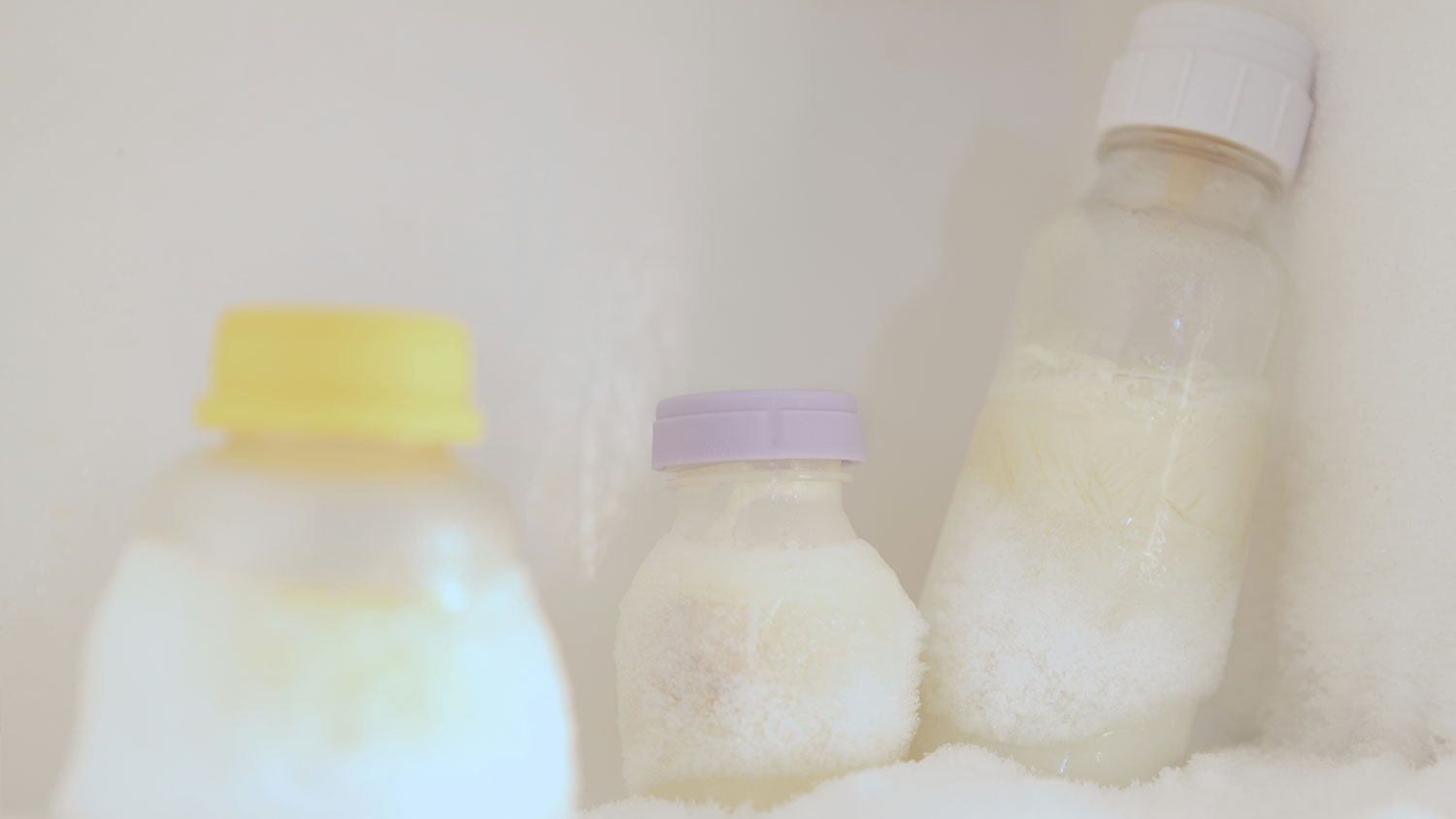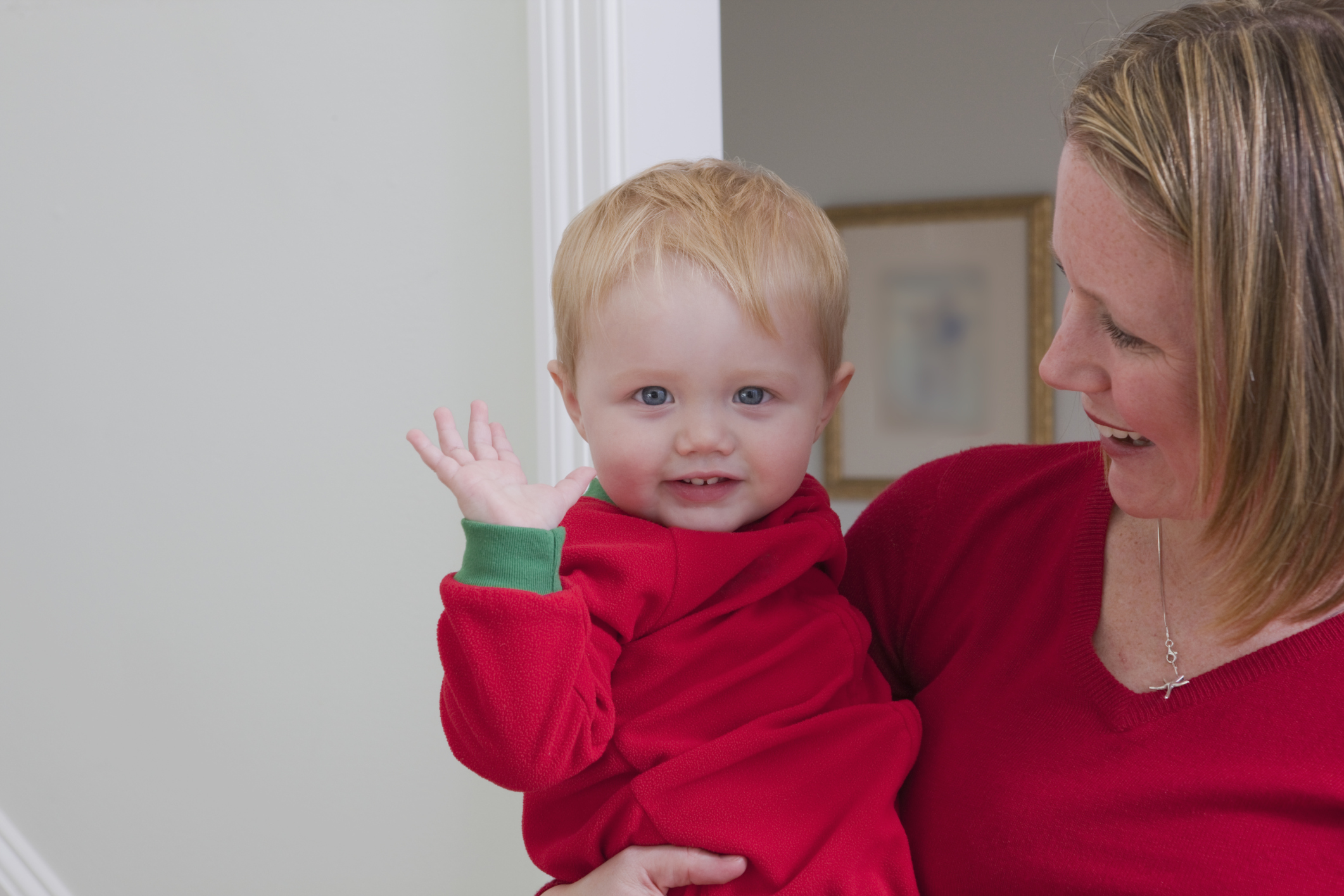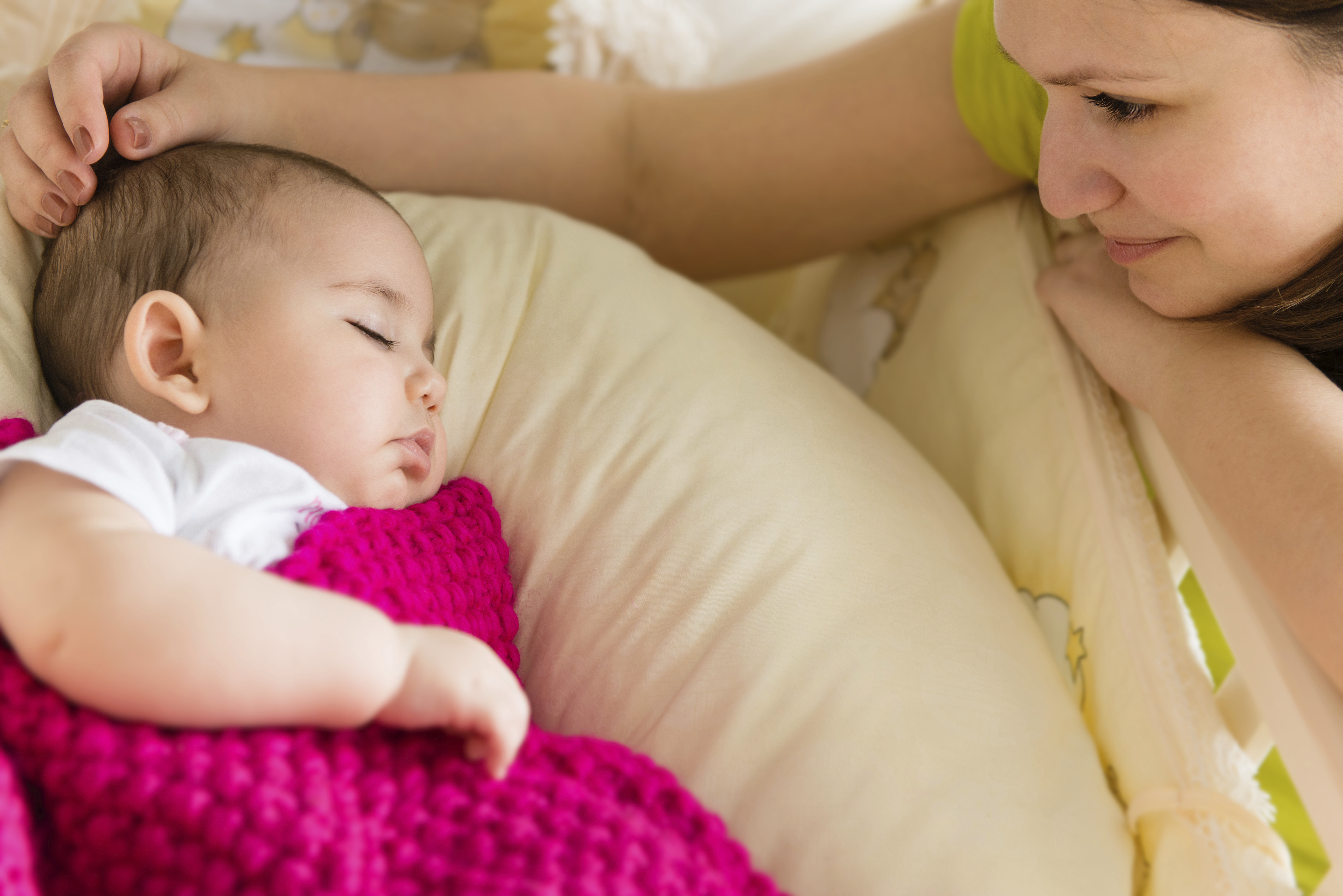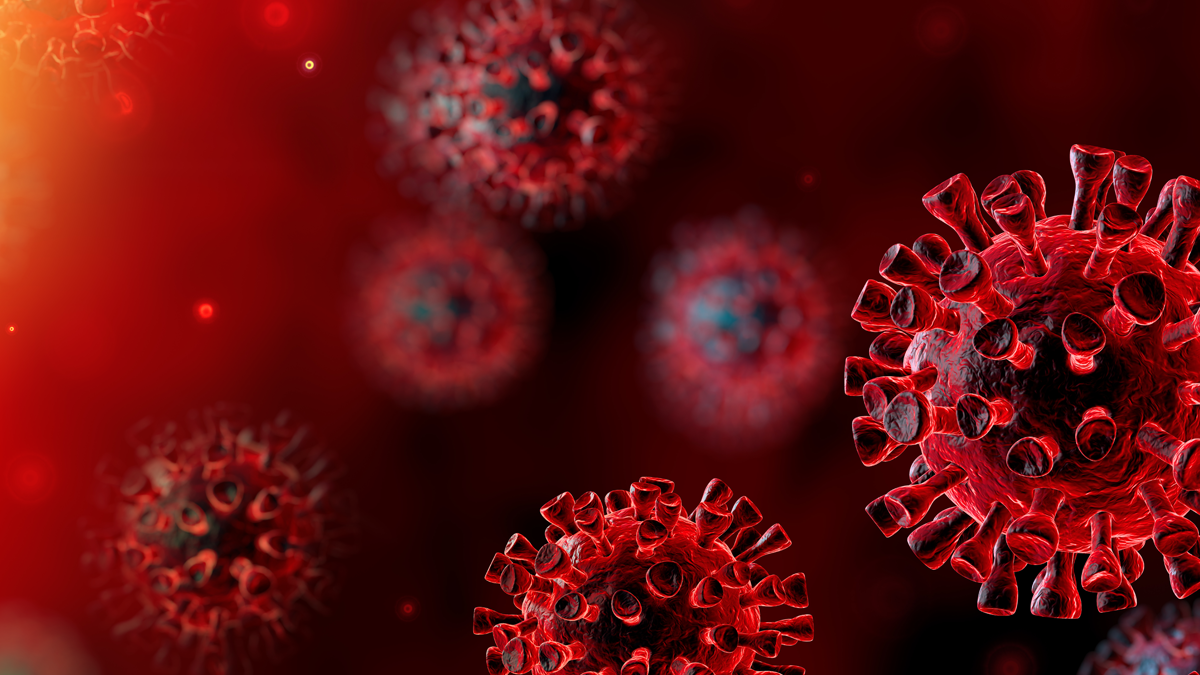It is very important for a mother to take care of her breasts while breastfeeding. Just like so many other aspects of caring for our bodies and health, it is better to take a preventative attitude and minimize difficulties before they arise. If breasts become too painful, a mom can always use breast shields or stop feeding for a while and feed expressed breast milk from a bottle. In anticipation of any problems however, here are some ways to take care of your breasts while breastfeeding.
Breasts go through a very profound transition starting with pregnancy. During breastfeeding, even more changes affect various parts of the mother’s life. Nipples can get sore and tired with a newborn, especially with 10-12 breastfeeding sessions every 24 hours! If the baby does not latch properly that can also cause sore nipples. Even though it is common to have some tenderness in the early days of breastfeeding, for most women, once the initial transition has taken place, normal breastfeeding should not generally hurt. If you experience intense nipple pain, always contact your lactation consultant. For everyday preventative care of your breasts and nipples, Medela produces a number of excellent products to help moms take care of their breasts while breastfeeding.
Nipple Care
A woman’s nipples are one of the body’s natural wonders. They are sensitive yet strong, with a unique design to meet a baby’s needs during breastfeeding. However, even the toughest mom’s nipples might still get sore or cracked. Read this article on ways for dealing with nipple soreness.
For general everyday nipple care, keep in mind that during breastfeeding, the nipples do not need special cleaning, so do not overuse soaps and cleaners. The breast has glands surrounding the nipple, secreting natural oil that lubricates the skin. As a daily treatment for your nipples you may express a few drops of milk after feeding, massage it gently into the skin and let it dry. If your skin is especially dry or damaged, you may apply a small amount of purified natural wool-based emollient, also known as lanolin, to your nipples and areolae.
Sore and Cracked Nipples
Different things cause sore and cracked nipples. A bad latch can quickly result in sore and often damaged nipples, which can make the whole breastfeeding experience complicated. This is a good reason to talk to a lactation consultant as soon as possible if you are having difficulties establishing a good latch between your baby’s mouth and your breast. To help heal sore or cracked nipples, you can apply nipple cream or modified lanolin once the breast milk you spread over your nipples and areolae has dried.
Tender Care Lanolin
If applying breast milk to your sore nipples is not enough to relieve the discomfort, perhaps it is time to try a more advanced product like Medela’s Tender Care Lanolin. Lanolin is a natural moisturizer produced by sheep that helps address the immediate issue of nipple pain and damage. Lanolin promotes healing by keeping damaged skin moist, and helps reduce inflammation, kill bacteria and protect the skin’s natural moisture barrier. Lanolin is completely safe for babies. Even if they get some in their mouth or swallow some while breastfeeding you don’t have to worry.
A more advanced remedy for severely sore or cracked nipples is to use Medela’s Tender Care Hydrogel. These hydrogel pads help protect nipples from friction between breastfeeding sessions and provide a moist healing environment. In any case, you need to find the reason for sore or cracked nipples and take action to solve the problem right away.
Disposable Nipple Bra Pads
One of the best ways to keep your breasts and nipples is to keep them clean and dry. Medela makes a line of disposable nursing bra pads that protect clothing during leakage or unexpected letdowns of breastmilk. Nursing bra pads give moms more confidence to go through the day without worrying about any moisture, discomfort or skin irritations. Disposable nursing bra pads are a great choice for busy moms because they have a special design to keep the pads in place even while you are moving and active throughout the day. The pad is extra absorbent and wicks away breastmilk, keeping your bra and clothing dry. Keeping your skin as dry as possible throughout the day will make for fewer skin irritations and more comfortable breastfeeding sessions. Remember that bra pads need to be changed after every other breastfeeding session to avoid bacterial growth.
Breast Shells and Nipple Shields
For more severe discomfort, soreness or problems with painful nipples, there is an advanced line of Medela breast protection products such as breast shells and nipple shields. Breast shells protect nipples until they heal, and provide overall protection and comfort between breastfeeding sessions. The breast shells are also comfortable to wear and fit around the nipple, creating a natural appearance under your clothes.
Nipple shields are different from breast shells. Instead of being worn between feedings, nipple shields are used during feedings to help protect sore or cracked nipples caused by the strong pressure the baby can apply. They also make it easier for moms with inverted nipples to nurse their babies. Here is an article specifically on nipple shields.
Breastfeeding is a beautiful, natural process that most moms cherish – but just like any other aspect of our health and our bodies, it sometimes requires extra care and preventative attention. Be aware of your body, be mindful of any discomfort, and be sure to get the help you need. This can be by getting advice from a lactation consultant or by using simple remedies like lanolin ointment, or advanced devices like breast shells and nipple shields. In general, with the right breastfeeding support and accessories, most moms can have a very successful experience with breastfeeding without suffering from discomfort.
Have you experienced any difficulties with your breasts while breastfeeding? Did you try any of the Medela products mentioned in this article? How did they work out for you? Please leave your comments below or join the conversation on the Medela Singapore Facebook page.

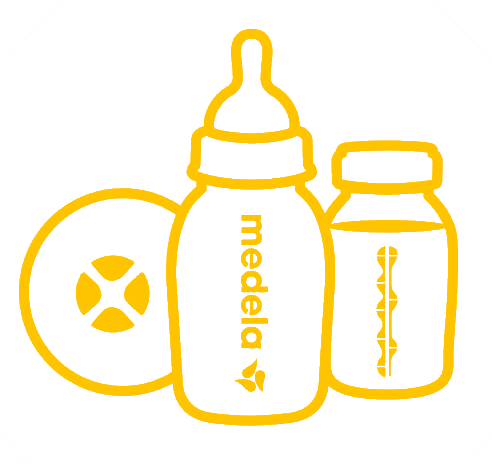
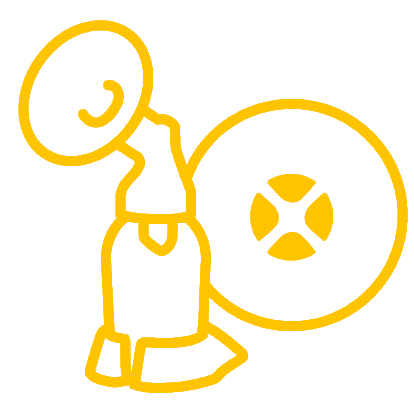

 KR
KR
